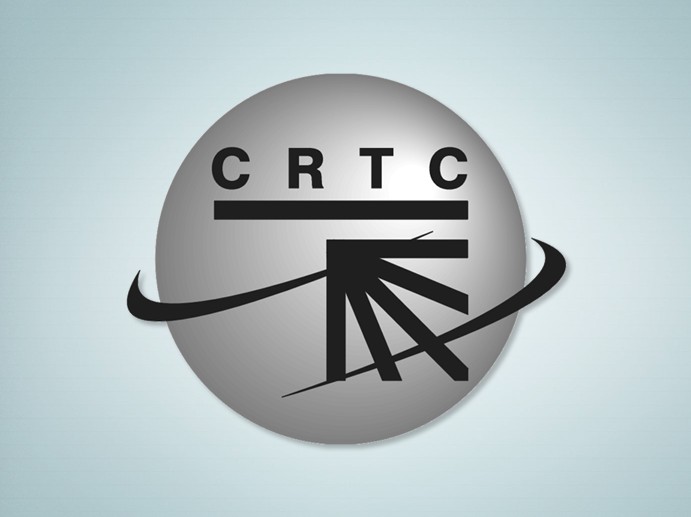
By Ahmad Hathout
The CRTC on Friday said it is suspending a trio of applications from channels that are asking for an increase in the monthly wholesale rate to carry them until it resolves some proceedings that may impact those decisions.
By majority decision, the regulator said it is deferring the applications of Cable Public Affairs Channel Inc. (CPAC), TV5 Quebec Canada (TV5), and Vues & Voix until it decides on “whether the existing regulations remain suited to and effective in supporting services of exceptional importance, and is reassessing, among other things, the various regulatory levers available to the Commission concerning financing and distribution.”
Earlier this year, the regulator launched a proceeding to review the relationship between programmers and distributors, now with the Online Streaming Act mandating streamers come under the fold. The CRTC said it will contemplate whether to require those newly regulated players to carry certain channels “of exceptional importance,” which are those governed under the Broadcasting Act’s 9.1(1)(h) rule. The commission also rolled out this week its version of what makes audio-visual content “Canadian” with new certification guidelines, which will now be subject to a consultation.
These two proceedings will need to be resolved before the commission picks up these applications, which it acknowledged comes from channels of importance. “However, given the key policy decisions that will arise from these proceedings, the Commission considers that it would be more appropriate to consider the applications in light of those decisions,” it said Friday. “The Commission continues to act promptly to implement the modernized Act by issuing, as quickly as possible, key decisions that affect the entire broadcasting system. Key policy decisions concerning the two aforementioned applications will be issued in the coming months.”
Both CPAC and Vuex & Voix, parent of Canal M, want three more cents per subscriber, per month, while TV5 is requesting a two-cent bump.
In a dissenting opinion, Vice Chair of Telecommunications Adam Scott and Ontario Commissioner Bram Abramson said decisions like these on programs of exceptional importance – in the case of these three, to “facilitate engagement in democratic processes, promote and protect the French language, and make content available to Canadian audiences that might otherwise find it inaccessible” – need to be made now and not later.
While Scott and Abramson agree that some decisions need to be done sequentially, referring to the implementation of the new Broadcasting Act, some can also be done “in parallel.”
They said while they agree that the whole broadcasting system is in transition and “wrestling with significant disruption and uncertainty,” that is true for the applicants as well.
“On these three applications, given the record before us, and given the pressures these exceptionally important services face today, we should decide today,” the dissenters said. “Should something different be needed down the road, we can adjust down the road.”
The CRTC has received several rate increase applications in recent times, owing in part to declining revenues from a shrinking base of subscribers of the broadcasters that must carry the channels and must compete against online streaming options. As such, the large broadcasters have warned the CRTC about increasing those rates and putting additional pressure on them before the full implementation of the Online Streaming Act.
Some of these broadcasters, including Bell, have recommended the creation of a fund supported by online undertakings to pay for the programs to be carried by the BDUs.


